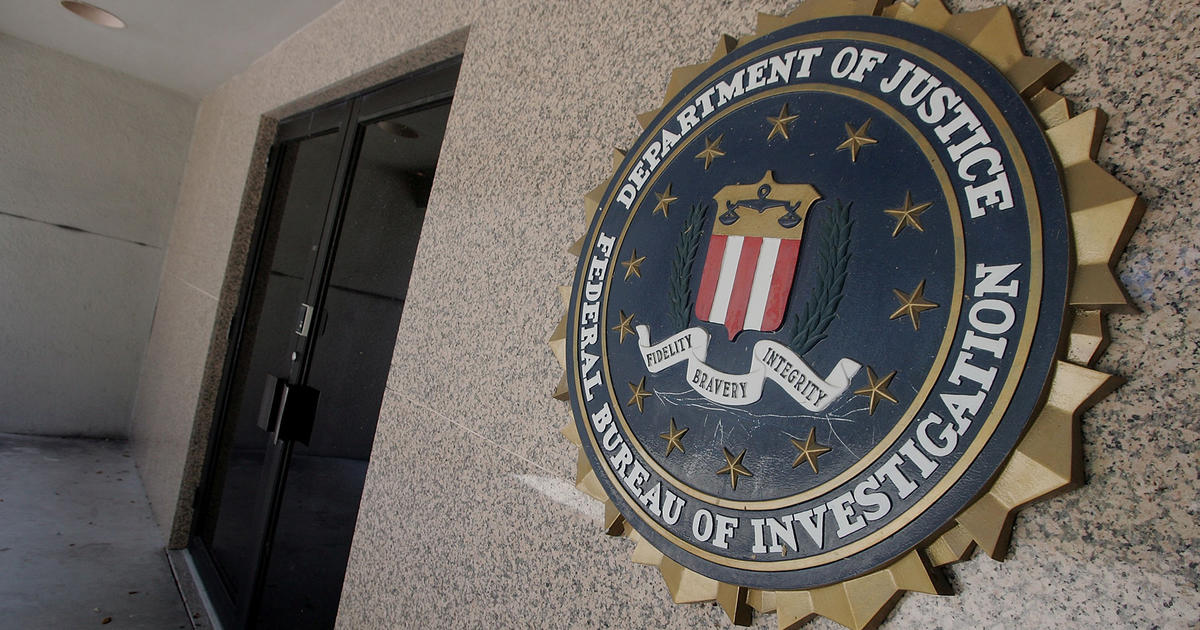President Biden signed legislation reauthorizing Section 702 of the Foreign Intelligence Surveillance Act (FISA) on Saturday after a last-minute push to prevent the program from lapsing. The Senate approved the bill with bipartisan support, extending the program for two years. Section 702 allows the U.S. government to collect the communications of non-Americans outside the country without a warrant to gather foreign intelligence. The reauthorization faced challenges from privacy advocates and national security hawks, but ultimately passed in the Senate.
The surveillance tool has been in use since 2008 and is considered crucial in disrupting terrorist attacks, cyber intrusions, and foreign espionage. U.S. officials have emphasized its role in intelligence gathering and specific operations, such as the killing of al-Qaida leader Ayman al-Zawahri in 2022. Attorney General Merrick Garland praised the reauthorization, highlighting its importance to the Justice Department’s efforts to protect national security while respecting privacy and civil liberties.
Despite the reauthorization, some lawmakers, both progressive and conservative, pushed for amendments to address concerns about civil liberties and restrictions on the FBI’s access to Americans’ data. Sen. Dick Durbin proposed requiring a warrant for accessing American communications through the program, citing concerns about potential abuses. However, the amendments ultimately failed to garner enough support for inclusion in the final passage of the reauthorization bill.
The debate over Section 702 has raised questions about the balance between national security interests and civil liberties. While some lawmakers argue for additional safeguards to prevent abuses and protect privacy, others emphasize the importance of the program in responding to national security threats. The Biden administration and intelligence officials have defended the program as essential for gathering foreign intelligence and preventing potential harm to the country.
The reauthorization of Section 702 comes after concerns about abuses and mistakes in the program, including improper querying of the intelligence repository for information about Americans. Critics have called for stricter oversight and limitations on the FBI’s access to Americans’ data to prevent potential violations of privacy. However, supporters of the program argue that these restrictions could hinder intelligence gathering and response to national security threats. The reauthorization of Section 702 reflects ongoing debates about the balance between security and privacy in the digital age.









